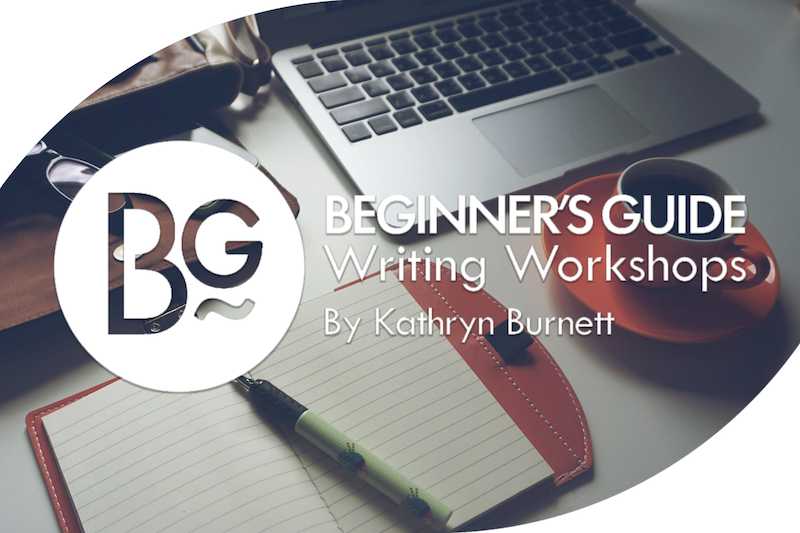As I mentioned in my post ‘You look fat and sick,’ in March 2019 I embarked on an ambitious challenge to change my diet and my health. Using Michael Mosley’s book The Fast 800 I cut my daily calories to 800 a day and I stopped eating junk food. In five days I lost 3.5 kilograms and felt on top of the world.
On day six however my elation turned to fear. What happened?
I woke up with pain in my abdomen that seemed centered on my bladder. I needed to urinate which I did, but the pain remained. I also found to my consternation that my daily poop didn’t happen. I won’t go into too much detail about my bowel habits except to say that for the most part, I am fairly regular.
Three days later, the pain had not subsided and nothing, not a damn thing, had come out of my backside.
Being something of a catastrophist and worry wort I rushed off to the doctor convinced it was either appendicitis, swollen prostate, or sudden onset bladder cancer. My usual doctor was away and so I had to see a rather handsome locum. He soon had my up on the bed and was pressing his hands firmly on various parts of my belly.
His diagnosis was, embarrassingly, sudden onset constipation for which he recommended increasing my fibre and water intake and prescribed me some laxatives. Thankfully he didn’t condemn my diet plan.
At home later as I re-read Mosley’s book, I noticed something that had escaped my notice the first time I read it concerning a large research study on rapid weight loss dieting. It read, “there were few side effects, apart from constipation and headaches. The best way to counter both of these is to drink more water.”
Relieved and chastened, I followed that advice and began guzzling water regularly and even resorted to eating lentils. Other than having to pee with greater frequency, this wasn’t onerous, but my colon still refused to co-operate.
I woke up every morning for the next few days imagining how much ‘stuff’ was backing up inside me. After all, although my food intake had dropped, I was still eating yet nothing was coming out of me.
Finally, four days later, and after much gurgling and increased flatulence, I managed to go. My relief, in all senses of the word, was palpable. After that, things worked perfectly, and my weight continued to drop.
What amazed me was I never felt desperately hungry. Surprisingly, 800 calories is still quite a lot of food. To quantify it, I was eating a moderately sized breakfast and dinner, and a very light lunch (soup for example). If I needed a snack, I’d consume a piece of fruit or a small number of nuts. Within three weeks, cravings for food diminished which is, according to science because I was eating nutritious food and not getting sugar rushes.
At the same time, my general health was improving. My skin seemed better, my blood pressure began dropping and an almost constant cough and post-nasal drip I’ve had since childhood diminished dramatically. Most importantly, my mood had improved, my exhaustion had vanished, and my stamina and concentration also got better.
On the 25th of July, seventeen weeks after I started my weight was 82.2 kilograms. I had lost a whopping 16.8 kilos (37 pounds) in four months. I could get into clothes I hadn’t worn in a long time and I felt healthy and proud.
My biggest fear throughout the whole process was that I would gain the weight back, which is what had happened every time I had dieted in the past. According to Michael Mosley, some people do, but many who follow the guidelines keep the weight off successfully.
So what about me? Have I managed to remain at 82.2 kgs since July 2019? You can find out in part 3.
Read part one here. Read part three here. Read part four here.




